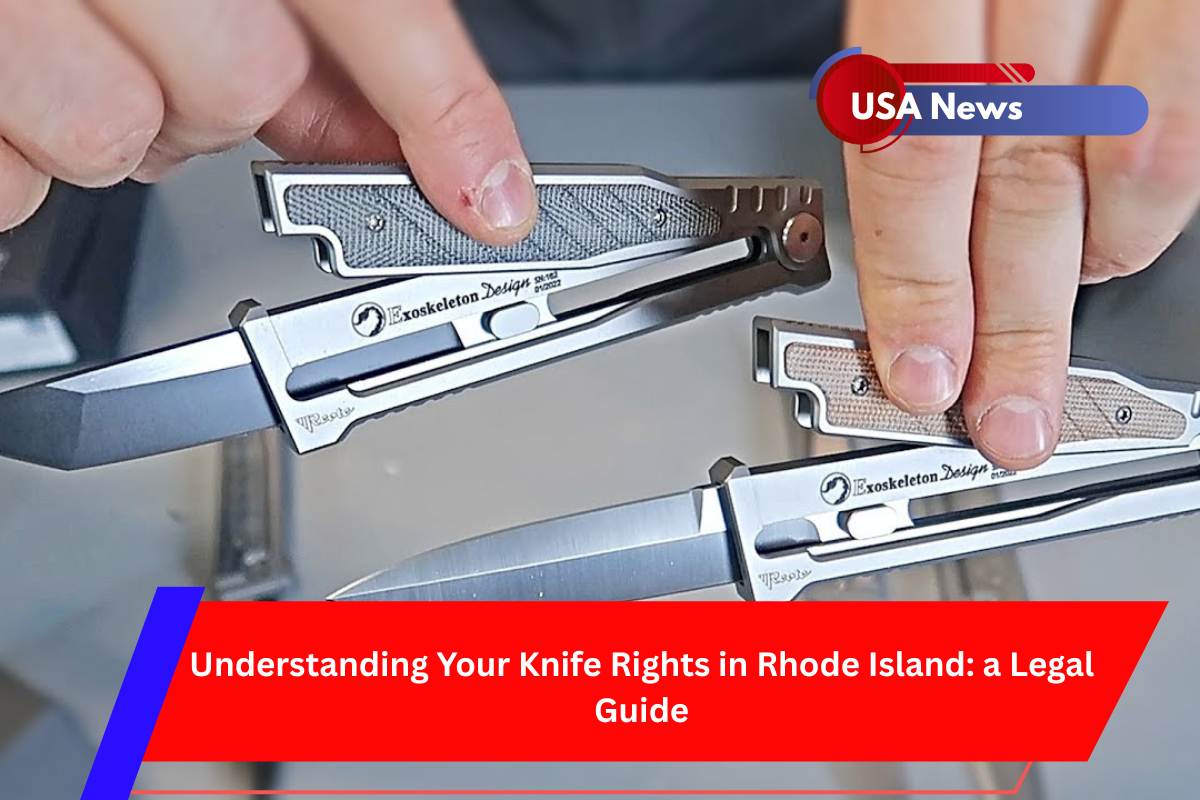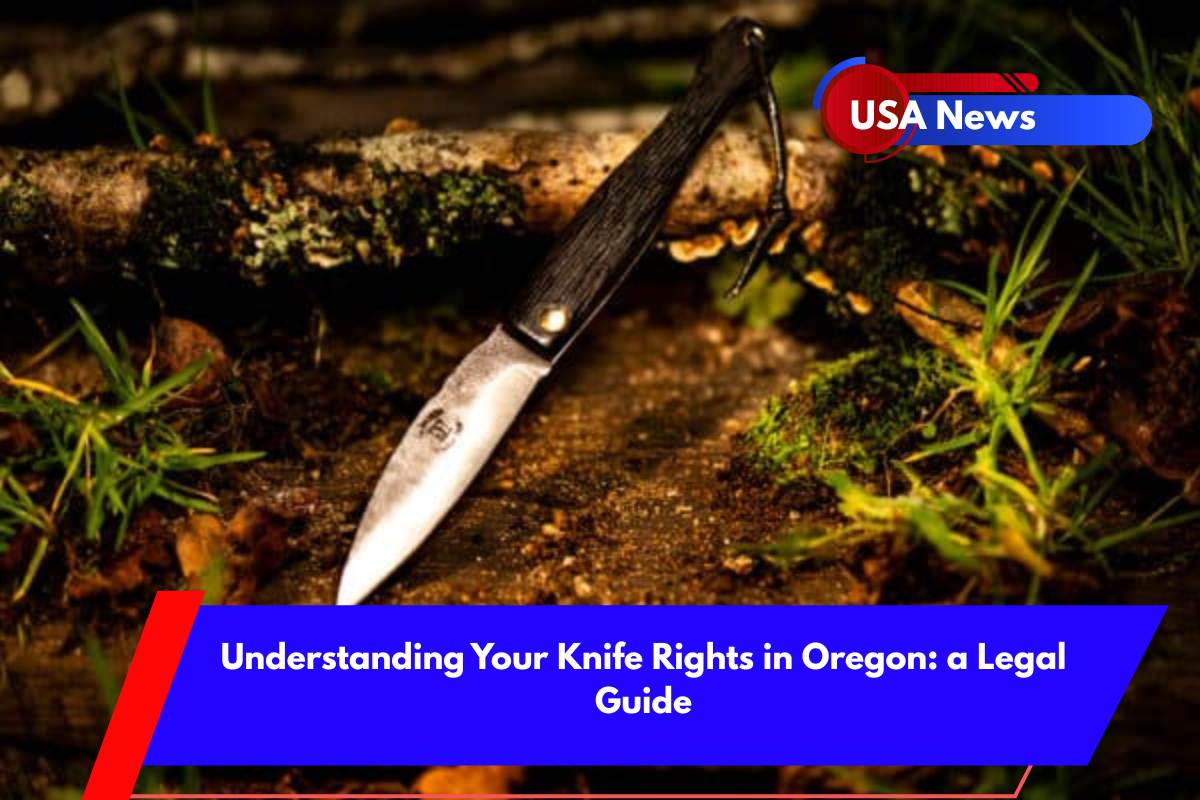Rhode Island stands out among U.S. states for its relatively permissive approach to knife ownership and carry. However, like elsewhere, the law contains important distinctions and restrictions designed to balance individual rights with public safety.
Whether you are a collector, an outdoor enthusiast, or simply curious about your rights, this guide will help you navigate Rhode Island’s knife laws.
Open Carry: What’s Allowed
In Rhode Island, the open carry of knives is generally unrestricted. You may carry any type of knife openly, provided you do not intend to use it unlawfully against another person.
This means that even knives that are highly regulated in other states—such as automatic knives (switchblades), balisongs (butterfly knives), and swords—are legal to own and carry openly in Rhode Island. The law does not specify a maximum blade length for open carry, nor does it ban any specific knife types outright.
Concealed Carry: Important Restrictions
While open carry is broadly permitted, the law takes a stricter approach to concealed carry. It is illegal to conceal any knife with a blade longer than three inches.
Additionally, certain types of knives—including daggers, dirks, stilettos, sword canes, and bowie knives—may not be carried concealed regardless of their blade length. The law defines “concealed” as any knife not visible to others, though this is not always strictly specified in the statute.
Special Rules for Minors
Rhode Island law also addresses the sale and transfer of certain knives to minors. It is unlawful to sell or transfer to a minor any knife with a blade longer than three inches, or any dagger, dirk, stiletto, sword cane, or bowie knife, without written authorization from the minor’s parent or legal guardian.
Furthermore, the display of these restricted knives in store windows is prohibited, presumably to prevent the sale or promotion of such items to minors.
Prohibited Locations
Knives are prohibited on school grounds for students in grades K through 12, except for officially recognized or sanctioned activities.
This restriction is intended to maintain a safe learning environment. Law enforcement and military personnel are generally exempt from most restrictions when acting in their official capacity.
Penalties for Violations
Violations of Rhode Island’s knife laws can result in criminal charges, with penalties that vary depending on the nature of the offense.
Concealed carry of prohibited knives may result in a fine of up to $1,000 or imprisonment for up to one year, or both. More serious violations, such as carrying a knife with the intent to use it unlawfully against another, can result in fines up to $3,000 and imprisonment for up to five years.
Local Ordinances
Rhode Island does not have statewide preemption when it comes to knife laws. This means that local municipalities may enact their own ordinances that further restrict or define what is permissible. As a result, it is important to check local regulations in addition to state law.
Practical Advice
To minimize legal risk, always carry knives openly if possible. Avoid concealing knives with blades longer than three inches or any of the restricted types listed above. Never carry a knife with the intent to use it unlawfully, and be sure to check for any local ordinances that may impose additional restrictions.
Sources:
1. https://www.akti.org/state-knife-laws/rhode-island/
2. https://knifeade.com/rhode-island-knife-law/
3. https://www.bladeforums.com/threads/ri-switchblade-law.1164591/













